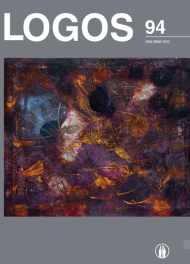Vieningos Europos idėja Kanto politinėje filosofijoje?
An Idea of United Europe in Kant’s Political Philosophy?
Author(s): Vytautas SinicaSubject(s): Epistemology, Political Philosophy, Early Modern Philosophy, German Idealism, Philosophy of History
Published by: Visuomeninė organizacija »LOGOS«
Keywords: Immanuel Kant; cosmopolitanism; Europe; federation; civic society;
Summary/Abstract: The aim of this article is to assess if and how Kant’s projects of perpetual peace and world citizenship can be considered as a vision of an united Europe. To answer that question, the article analyzes Kant’s provisions for perpetual peace and the main theses of his philosophy of history. These are compared to the underlying principles of the ongoing process of European integration. Following Pierre Manent, Europe is understood as geographically undetermined project of unity of mankind. The article concludes that for Kant perpetual peace was not an aim in itself, but, on the contrary, served as a mean to ensure universal justice. Steps towards peace had to help realize the unknown primordial principles of human nature and enable moral (duty based) human behavior. Despite historic and structural similarities between the integration processes of Kant’s vision and those of the European Union, the core similarity is an effort to change human beings, living in conditions of peace and prosperity, and thus bring nearer the coming of the Man who is “writing history”.
Journal: LOGOS - A Journal of Religion, Philosophy, Comparative Cultural Studies and Art
- Issue Year: 2018
- Issue No: 94
- Page Range: 190-199
- Page Count: 10
- Language: Lithuanian

